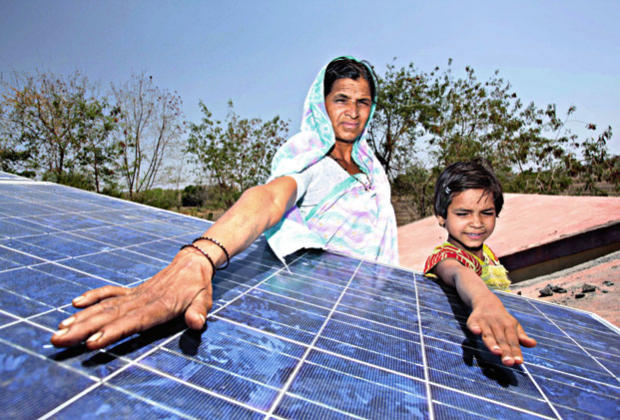Step Change Sustainability Vs Disruptive Sustainability
Most business organisations are still living in the industrial age era of production of goods and services. What has changed, with all us sustainability people shouting at top of our lungs, is that for the first time they have started noting the impacts of their activities. Their CSR reports are mostly full of philanthropic activities (commendable in a way) but reducing the impact of their products has been very slow and painful. I doubt if the negative impacts can be fully eliminated and even if they could these businesses would have to do it very slowly due to the large investment in the old methods. This step change sustainability measures will cost us a lot of time.
This points at need for innovation in sustainability from scratch i.e. new Business models that change the way business is done. How can products be delivered with no negative impact? Is the product really required? What products can have the maximum value for society? How can such a business generate profit without loss of social, cultural and environmental capitals. A small experiment I recently came across in India. To solve problem of no electricity in thousands of Indian villages, private entrepreneurs have started developing micro energy plants run on PV and hydel power. They require low capital investment, are sustainable and provide electricity for few hours to remote villages. The villagers can charge their mobile phones, cook food, work and study a little longer into the night. The positive impact on lives and productivity is huge. This is what I term disruptive sustainability. It looks at solutions by challenging the assumptions. On the other hand, an expensive and high maintenance power grid installation by the government and electricity from thermal power plants was the awaited conventional solution.
Disruptive sustainability is not easy to achieve because it requires a new way of looking at business. However it has the power to effect real change amongst the green wash.
Harsh Thapar
Architect, Environmentalist, Sustainability Consultant

